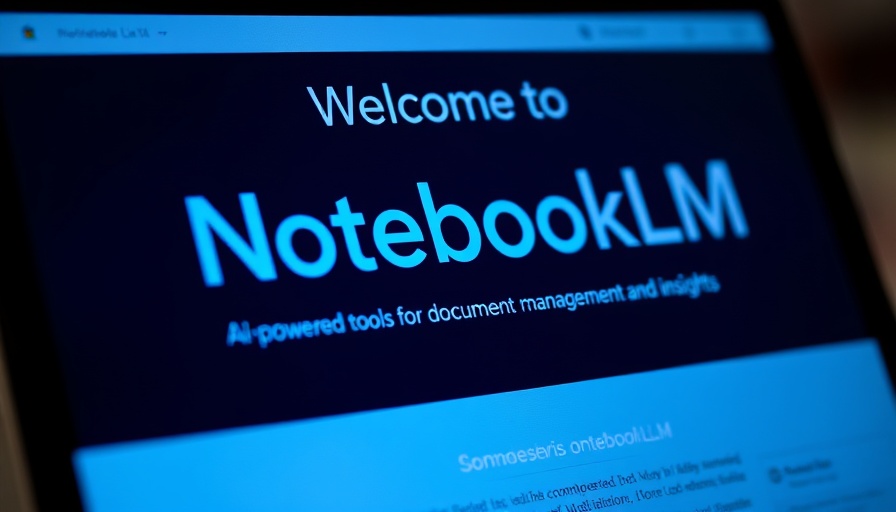
Understanding the Power of Conversion Tracking and Attribution in Marketing
For chief marketing officers (CMOs), particularly in retail or tech-driven sectors, orchestrating effective marketing strategies is a pressing challenge. Their roles increasingly depend upon the ability to harness robust conversion tracking and attribution data to drive smart media budget decisions. In a world where customers engage through various channels before making a purchase, knowing which strategies yield results is paramount.
The Costs of Poor Attribution
Unfortunately, many marketers rely on outdated models or fragmented data, leading to poor investment choices. This can manifest as over-investment in either the top or bottom of the marketing funnel—potentially starved for funds but essential to generating both demand capture and demand generation. As CMOs strive for marketing excellence, understanding channel performance through effective attribution becomes crucial.
Bridging the Gap: Conversion Tracking in Google Ads
Google Ads offers a nuanced yet complicated landscape for conversion tracking. Operating without conversion metrics is akin to flying blind. Marketers expose themselves to risks by basing decisions on incomplete visibility of their campaigns. Robust tracking enables not only tracking purchase data but also evaluating which leads convert into actual sales. Incorporating tools like WhatConverts and CRM platforms such as HubSpot enhances this visibility, allowing a refined lens into the leads' journeys.
Streamlining E-commerce Attribution
E-commerce advertisers face a unique set of challenges when employing conversion tracking. While recording buy actions may seem straightforward, assigning value to those actions based on backend data can be quite intricate. Understanding which products have high return rates or lead to reliable repeat business is pivotal. Seamless integration using solutions like Shopify can simplify data tracking, providing CMOs with clearer insights into actual revenue generation.
Decisions Informed: The Use of Performance Metrics
CMOs must effectively utilize performance metrics to allocate resources aptly across channels. This involves not only understanding which channels drive sales but also recognizing how many customers they engage at various stages of the funnel. With a proper attribution model, marketers can invest in channels that yield the highest conversion rates rather than relying on guesswork.
Future Opportunities Driven by Accurate Data
As the digital landscape continues to evolve, the need for accurate data will only grow. CMOs who invest time in developing robust attribution capabilities will not only see immediate gains in their marketing effectiveness but will position themselves for long-term success. Embracing methodologies for holistic tracking and real-time data will ensure that marketing budgets are spent wisely and strategically.
In summary, the precision offered by advanced conversion tracking and attribution strategies can significantly alter the marketing landscape for CMOs. By adopting these practices, companies can make informed decisions that nurture both brand loyalty and profitability. Fostering a culture that values data-driven decision-making can lift brands to new heights in a competitive market.
Are you leveraging conversion tracking effectively? Reassess your attribution strategies today; your marketing ROI depends on it.
 Add Row
Add Row  Add
Add 




 Add Row
Add Row  Add
Add 

Write A Comment